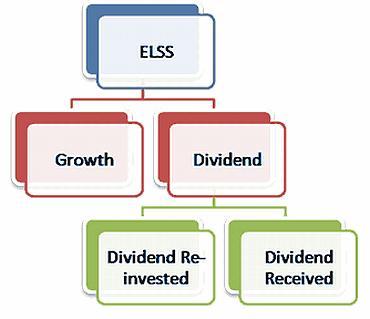
This may sound very strange to you. When everyone is advocating mutual fund systematic investment planning for the long term, what is the necessity for this debate on 'Is MF SIP for the short term or long term?'
Theoretically, investing in a mutual fund SIP for the long term works for investors. But for practical reasons we need to commit a mutual fund SIP for the short term as well. That is we need to break that long term into six monthly or annual periods and commit your SIPs for these durations.
Then at the end of the sixth month or a year you must renew your SIP for another six months to a year. You need to renew like this till you complete your predetermined long-term period (say three years).
You may think it is an unnecessary paperwork and waste of time. But you will be completely convinced when you have finished reading this article.
Ramalingam K, an MBA (Finance) and certified financial planner, is founder & director of Holistic Investment Planners (P) Ltd (http://holisticinvestment.in).

Here are three practical reasons why you must also have short term MF SIPs.
1. Contribution towards mutual fund SIP changes
How much you are contributing towards mutual fund SIP changes over a period of time.

2. Portfolio review
Also it gives you a chance to review your portfolio with your advisor once in six months or one year.
When you commit mutual fund SIP for the long term, generally we ignore to review it. It may generate poor returns. You can avoid this by periodic review.

3. Equity exposure in overall portfolio
How much equity exposure you can give to your overall portfolio can change the amount of mutual fund SIP in equity and debt.
All this can change your mutual fund SIP amount in equity funds.
So committing a mutual fund SIP for long term looks good on paper. For practical reasons you need to commit for short term and renew it at the end of every short term till achieving your financial goals.
In this regard, instead of committing a mutual fund SIP just like that, having a long-term financial plan and committing mutual fund SIP based on that plan will be really fruitful. This will make a huge difference in achieving your financial goals.